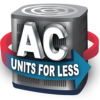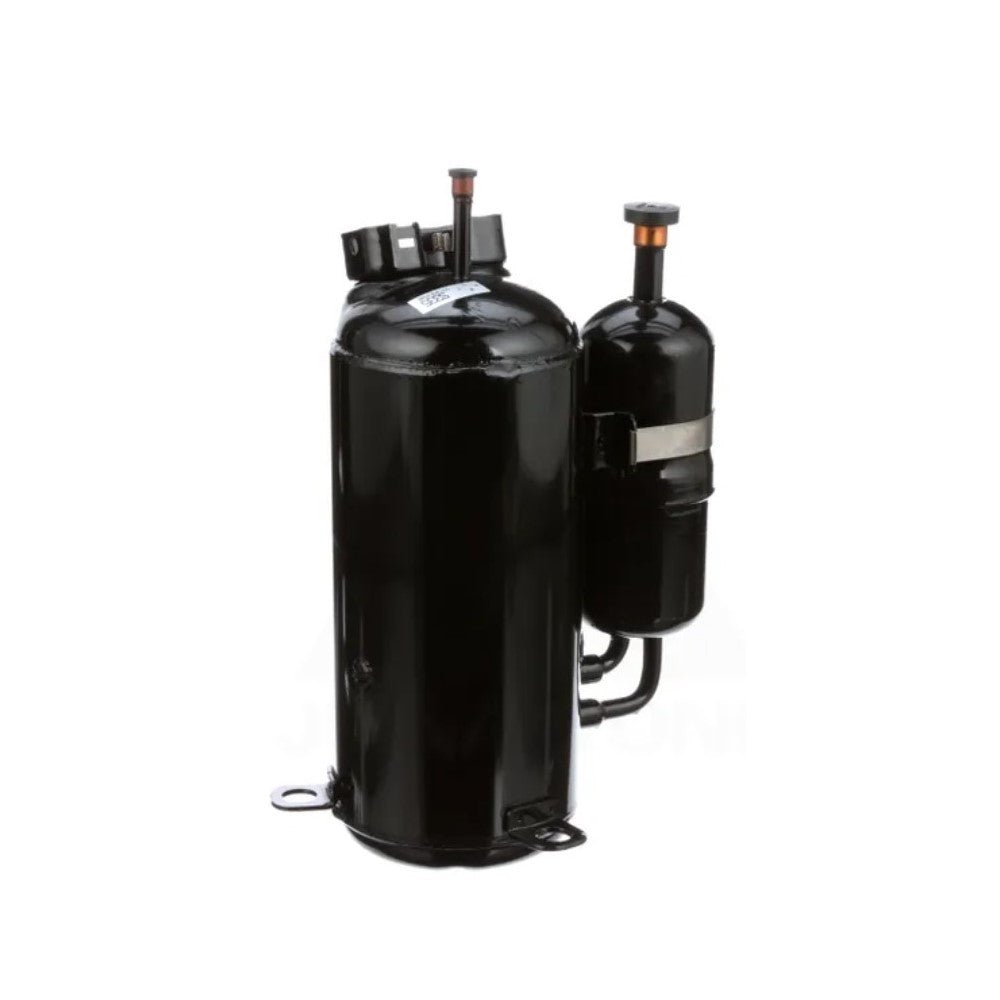In the world of HVAC systems, the compressor plays a pivotal role, often being referred to as the heart of the air conditioning unit. Among the multitude of compressor brands, LG and Copeland stand out as major players, each bringing unique strengths and weaknesses to the table. Understanding these differences is crucial when choosing the right compressor for your needs. Let's delve into the specifics of LG and Copeland compressors to aid in making an informed decision.
LG Compressors:
Strengths:
- Quieter Operation: LG compressors typically incorporate inverter technology, which allows them to operate more quietly compared to traditional compressors.
- Energy Efficiency: Due to the same inverter technology, LG compressors are generally more energy-efficient, leading to lower electricity bills and a smaller carbon footprint.
- Variety: LG offers a wide range of compressor sizes, catering to various needs and system requirements.
- Competitive Pricing: Often, LG compressors are competitively priced, offering a good balance between cost and performance.
Weaknesses:
- Lifespan: There are some reports that LG compressors may have a shorter lifespan compared to their Copeland counterparts.
- Brand Recognition: In the HVAC industry, LG might not be as well-recognized as Copeland, which could influence consumer trust and decision-making.
Copeland Compressors:
Strengths:
- Durability: Copeland compressors are renowned for their durability and long lifespan, making them a solid investment for long-term use.
- Brand Reputation: With a long-standing presence in the HVAC industry, Copeland has established a strong brand reputation for quality and reliability.
- Diverse Range: Copeland offers a wide variety of compressor types to suit different applications and requirements.
Weaknesses:
- Energy Efficiency: While still efficient, some Copeland models may lag slightly behind LG in terms of energy consumption, particularly because they often operate on a traditional on/off basis.
- Noise Level: The on/off operation can also make Copeland compressors generally louder than their LG counterparts.
- Cost: Copeland compressors might come with a higher price tag compared to LG, which could be a deciding factor for budget-conscious consumers.
Choosing Between LG and Copeland:
When it comes down to selecting between LG and Copeland, the decision should be based on your specific requirements:
- Quiet Operation and Energy Efficiency: If these are your top priorities, LG might be the better choice due to its inverter technology.
- Longevity and Brand Trust: If you value a compressor known for its durability and have a higher trust in established brands, Copeland could be the way to go.
Remember to consider the compressor's size, features, and compatibility with your current system. Consulting with an HVAC professional can provide tailored advice and ensure that you choose the most suitable compressor for your needs.
Additional Considerations:
- Warranty: Always compare the warranty lengths and what is covered by LG and Copeland to ensure you are protected against future issues.
- Availability: Ensure that the specific model you are considering is available in your region to avoid any logistical challenges.
| Feature | LG Compressors | Copeland Compressors |
|---|---|---|
| Technology | Inverter technology (variable speed) | On/off operation (fixed speed) |
| Efficiency | More energy-efficient | Slightly less efficient |
| Noise Level | Quieter | Louder |
| Lifespan | May be shorter lifespan | Renowned for durability |
| Brand Recognition | Lower in HVAC industry | Established brand |
| Price | Competitive | May be more expensive |
| Availability | Wide range of sizes | Wide range of types |
In conclusion, both LG and Copeland offer high-quality compressors with distinct advantages. Your choice should align with your specific needs, preferences, and budget. By weighing the pros and cons of each brand and consulting with professionals, you can ensure that your HVAC system operates efficiently, quietly, and reliably for years to come


